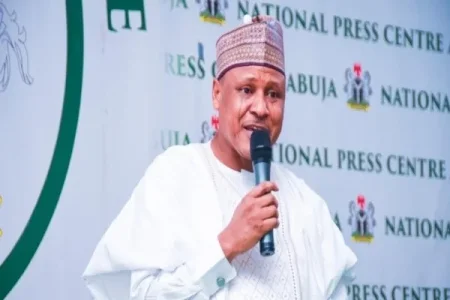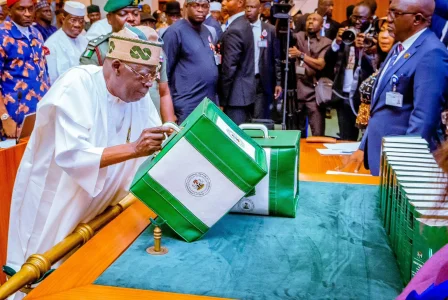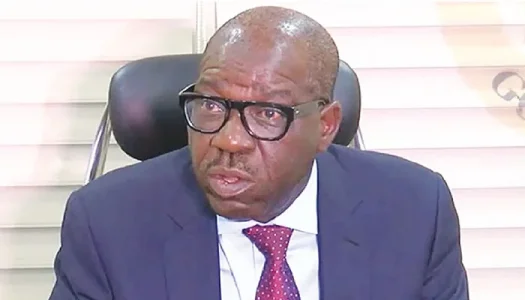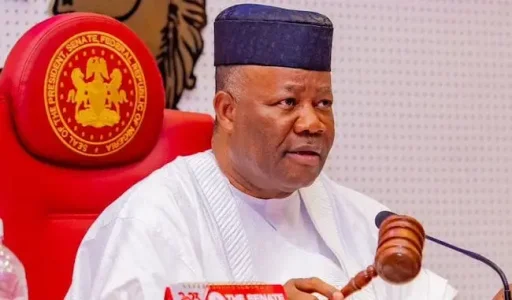
The Nigerian government has distanced itself from the recent petrol price hike, now reaching N1,030 per liter. Minister Mohammed Idris attributed the increase to global market volatility and stated that the NNPCL acted independently under the Petroleum Industry Act. Public reactions express skepticism over government assurances.
The Federal Government of Nigeria has distanced itself from the recent increase in petrol prices, which has seen fuel costs rise significantly across the country. On Wednesday, the Nigerian National Petroleum Company Limited (NNPCL) raised the pump price from N897 per liter to N1,030 in Abuja, with similar hikes across various regions—N998 in Lagos, N1,070 in the North-East, and up to N1,075 in the South-South.
The price surge has ignited frustration among Nigerians, prompting many to urge President Bola Tinubu to intervene and reverse the increase. However, Minister of Information and National Orientation Mohammed Idris explained in an interview with Daily Trust that the government should not be held accountable for the hike. He clarified that the NNPCL made this decision based on current challenges in the energy sector. He emphasized that the government no longer controls fuel pricing under the Petroleum Industry Act.
Idris pointed to several factors contributing to the price rise, including global market volatility and crises in the Middle East. He noted that since the subsidy regime ended in May 2023, NNPCL could no longer absorb the losses incurred. The minister assured citizens that the government would invest savings from subsidy removal into critical sectors like healthcare, education, and infrastructure, and expressed hope that prices would stabilize in the long run.




